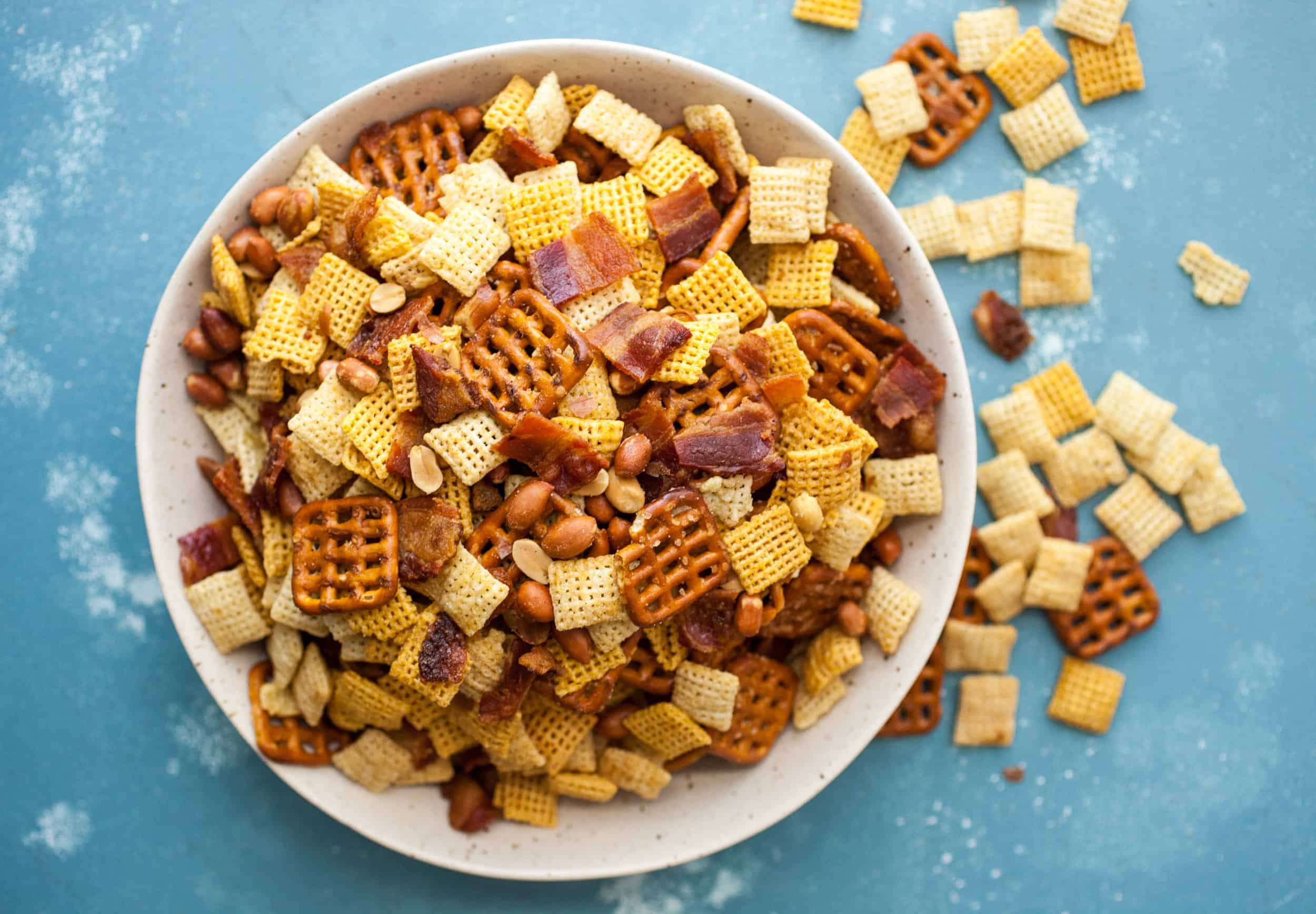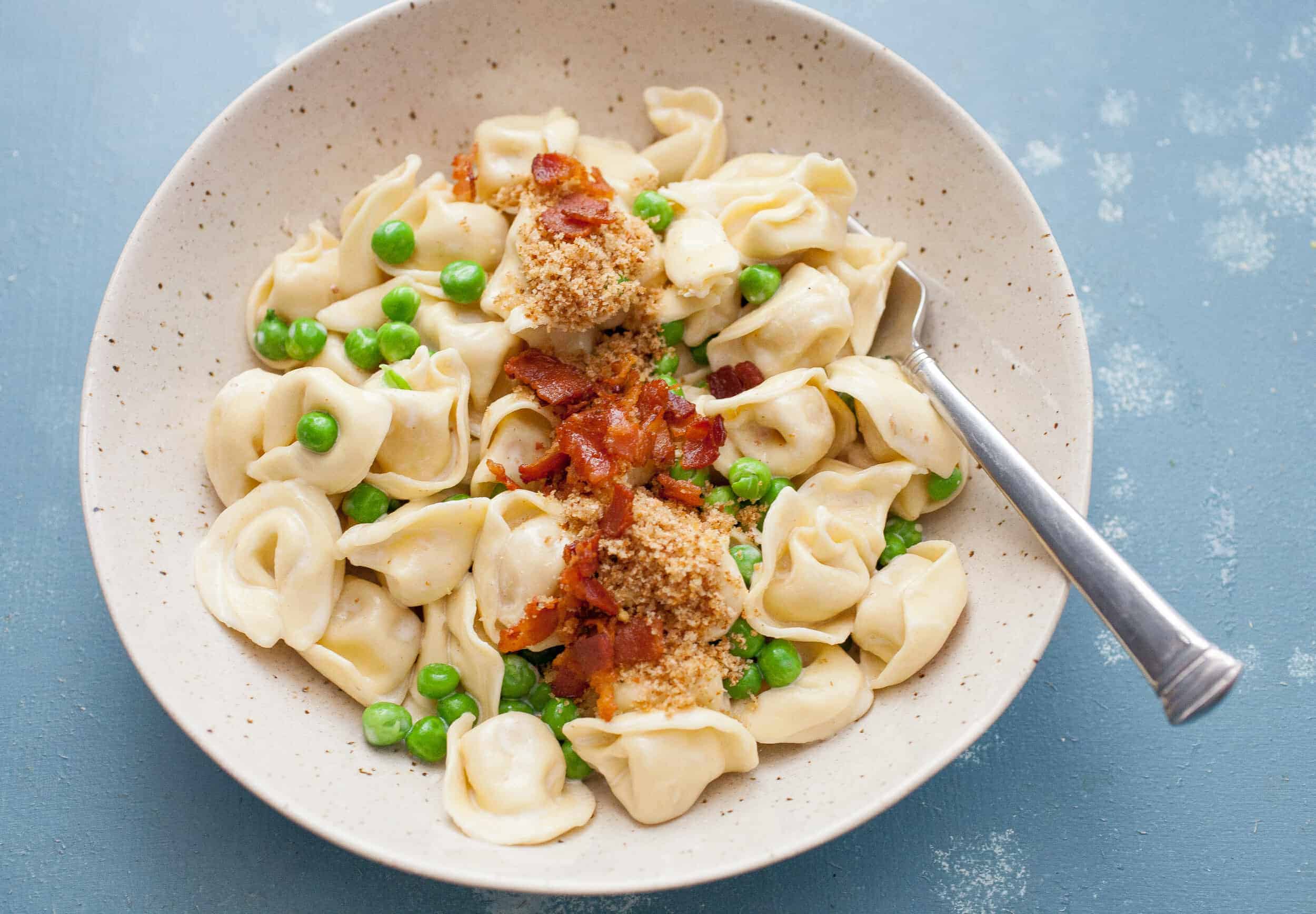Bacon: Important Facts, Health Benefits, and Recipes
Explore the world of bacon with our ultimate guide, covering its history, health benefits, types, and storage tips for a balanced and delicious lifestyle.
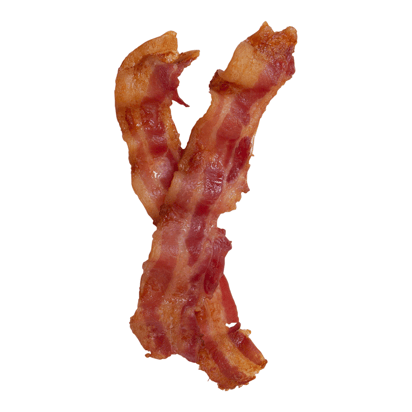
Best Bacon Recipes
-

-

-

-

-

-

-
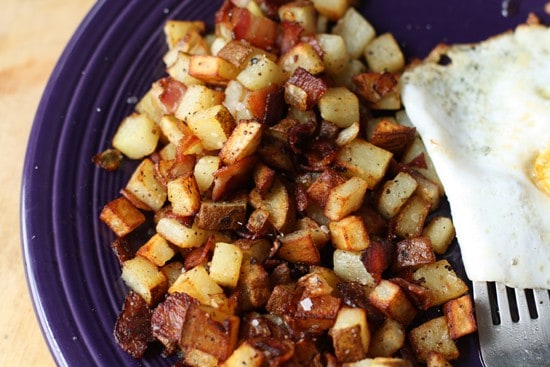
-
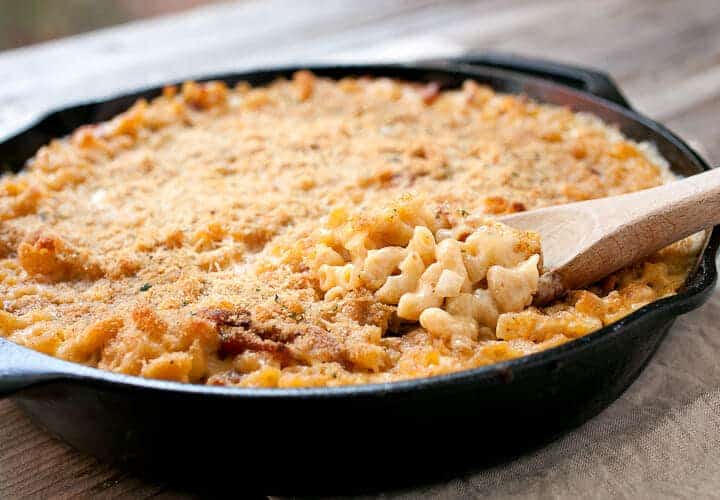
-
![Sheet Pan Breakfast Sandwiches Image]()
-
![Spicy Mussel Linguine Image]()
-
![Potato Breakfast Pie with Bacon and Kale Image]()
-
![Breakfast Bowls Image]()
-
![Double Baked Sweet Potatoes Image]()
-
![Linguine with Cream Sauce Image]()
-
![Maple Habanero Bacon Image]()
-
![Red Eye Biscuits and Gravy Image]()
-
![Bacon, Potato, and Egg Casserole Image]()
-
![Easy Quiche Lorraine Image]()
-
![Beef Bourguignon Image]()
-
![BLT Pasta Salad with Avocado Image]()
-
![Roasted Brussel Sprouts with Pancetta Image]()
-
![Chicken, Crab & Andouille Sausage Gumbo Image]()
-
![Spaghetti alla Carbonara Image]()
-
![Bacon Beer Cheese Dip Image]()
-
![German Potato Salad Image]()
-
![Deep-Dish Spinach, Leek and Bacon Quiche Image]()
-
![Bacon Wrapped Grilled Peaches with Balsamic Glaze Image]()
-
![The Best BBQ Baked Beans Image]()
-
![Scrambled Egg and Roasted Asparagus Toasts Image]()
-
![Loaded Baked Potato Salad Image]()
-
![Stuffed Jalapenos with Gorgonzola and Bacon Image]()
-
![Grandma’s Scrambled Egg Image]()
-
![Sweet 'n Spicy BBQ Turkey Meatballs with Bacon Image]()
-
![Ultimate Tailgating Breakfast Sandwiches Image]()
-
![Sweet & Sticky Bacon Wrapped Dates Image]()
-
![Warm Bacon and Cabbage Salad Image]()
-
![Slow Cooker Bolognese Sauce Image]()
-
![Cheddar Bacon Jam Puff Pastry Bites Image]()
-
![Maple Bacon Cheddar Cheese Tart Image]()
-
![Loaded Baked Potato Salad Image]()
-
![Pasta Carbonara with Zucchini Noodles Recipe Image]()
-
![Bacon Cornbread Image]()
-
![Fried Green Tomato Wraps Image]()
-
![Candied Bacon Chex Mix Image]()
-
![Creamy Tortellini with Crispies Image]()
-
![Crispy Chickpea Bacon Ranch Salad Image]()
-
![Bacon Pumpkin Stuffed Shells Image]()
-
![Fall Vegetable Hash Image]()





































